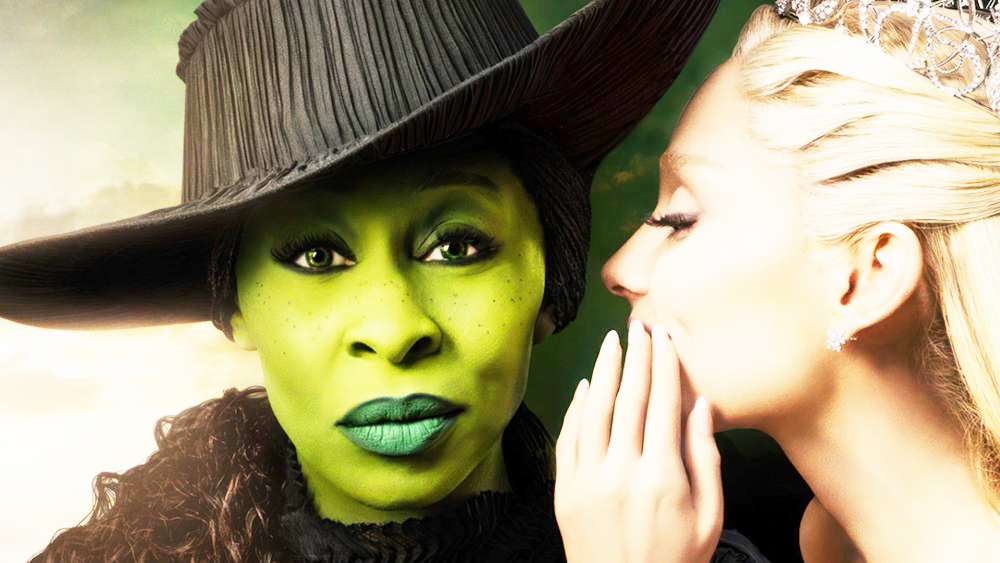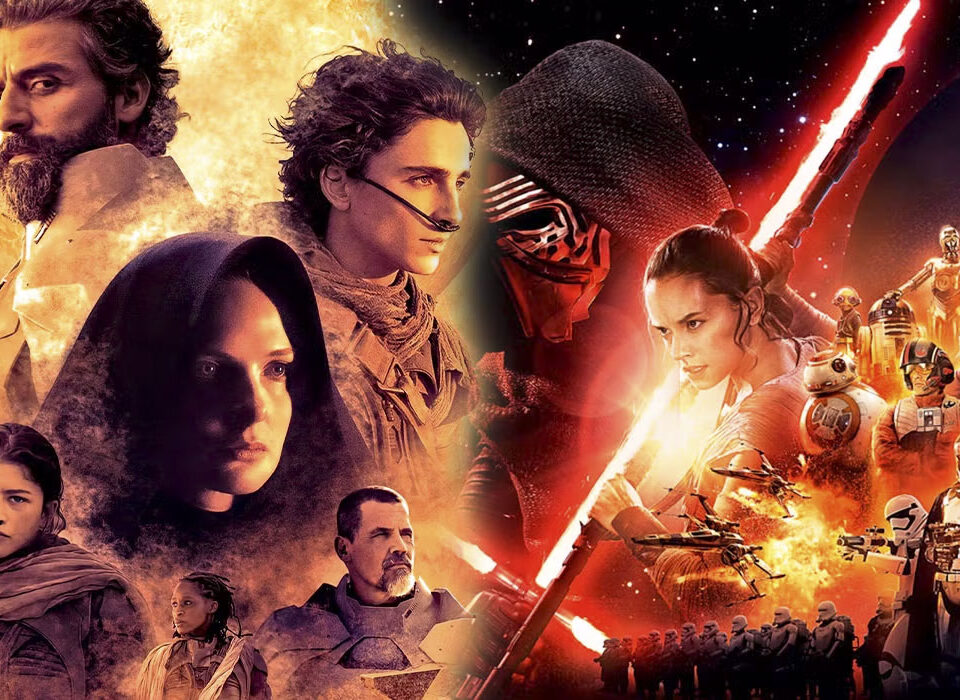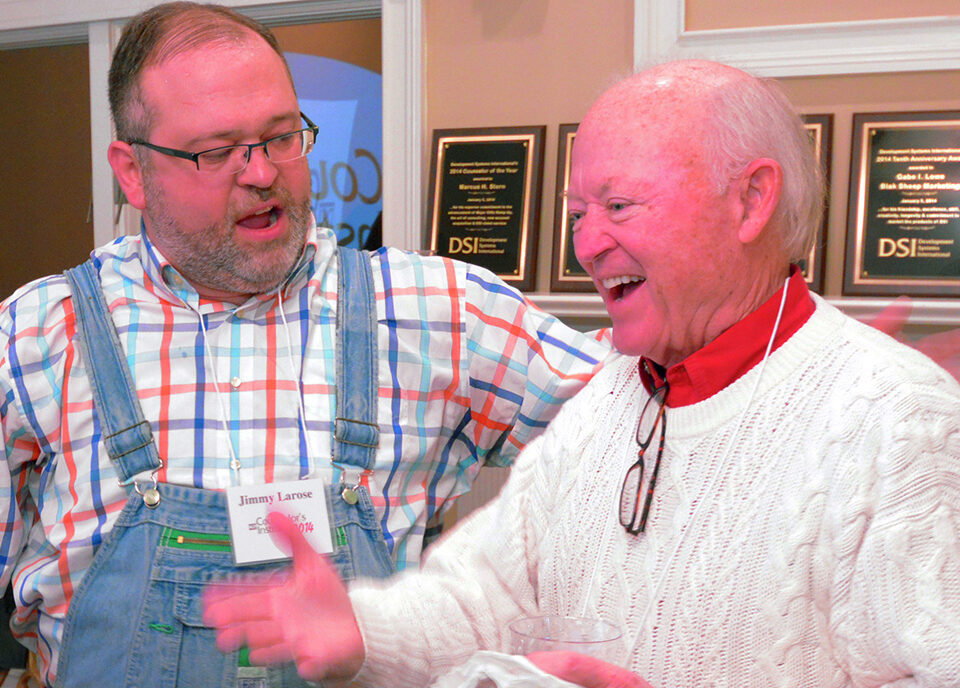
It was nearly twenty years ago—during the 2004 Tony Awards on CBS—when I first encountered Wicked. Idina Menzel and Kristin Chenoweth took the stage, and I was instantly captivated. The harmony, the music, the staging, the talent—the whole thing was absolutely stunning.
But even in that moment, something didn’t sit quite right. I had only seen a four-minute performance on live television, yet a verse from Defying Gravity contained warning indicators.
Something has changed within me
Something is not the same
I’m through with playing by the rules of someone else’s game
Too late for second-guessing
Too late to go back to sleep
It’s time to trust my instincts
Close my eyes and leap
I remember thinking, “Well, that’s no way to live.” And let’s not ignore the obvious—I had just fallen head over heels for a production named WICKED!
A few weeks later, I had meetings in New York and decided to catch a matinee. Wicked was playing at the Gershwin Theatre, so I bought center orchestra seats—fifth row hoping for a decent performance.
Decent? It was spectacular—it was a soul-stirring, gravity-defying triumph that left me absolutely breathless. I laughed. I roared. I cried.
But even as I was carried away by the magic, I couldn’t shake the contradictions.
So, I sat down and reflected on what I had just experienced. Here’s what I jotted down:
- I was eight years old the first time I saw The Wonderful Wizard of Oz. As I remember it, Dorothy had a nightmare, was ripped from her home by a violent tornado and flung into a world that was strange, colorful, frightening, and dangerous. Oz wasn’t real. I was absolutely petrified of the Wicked Witch and her flying monkeys. She was hideous and was terrifying. Her voice cut through me. She was my first encounter with evil. She was to be feared, and in the end, she was vanquished.
- In Wicked, Oz isn’t a dream at all. It’s real—a dazzling, Disney-like utopia where people go to school and build lives. And the Wicked Witch? She’s not a villain. She’s a misunderstood victim, and the hero. She’s admired, celebrated. The story flips everything: good becomes questionable, and evil becomes relatable. Virtue is blurred, and villainy gets a redemption arc.
I thought to myself, “Okay, I’m not crazy. My concerns are sound”.
Then came another trip up to the City. The family wanted to see Wicked. Why not? I loved it the first time. After the show, we headed over to Ellen’s Stardust Diner at Broadway and 51st. There were about 100 patrons in the restaurant. I organized the singing waitstaff and together we delivered a rousing, full-throated rendition of “Defying Gravity.” We brought the house down.
Before I go any further, let me be clear—I’ve seen the musical three times. I’ve watched the movie once. I would have never believed that anyone could match the brilliance of Idina Menzel and Kristin Chenoweth’s Broadway performance—until Cynthia Erivo and Ariana Grande took to the screen and proved me wrong. Their achievement was nothing short of staggering.
Wicked the Movie sealed it for me: Cynthia Erivo’s Elphaba will become this generation’s Cinderella, Alice, or even Dorothy herself.
And that, my friends, is the problem. As it turns out, Wicked is one big, clever, beautiful trick.
After my show-stopping number at Ellen’s, I knew I had to figure out why I was so drawn to something I also instinctively wanted to reject.
I was having this conversation with my bother-in-law when he said, You need to take a peek at Gregory Maguire’s novel Wicked: The Life and Times of the Wicked Witch of the West. (Maguire’s Wicked Years Saga also includes Son of a Witch, A Lion Among Men and Out of Oz).
Maguire’s novels are not a children’s tale, despite their ties to Oz. They are a dense, morally ambiguous, politically charged retelling meant for adults. He challenges Western norms, discards the Christian worldview, and wraps all of it in the glittering foil of friendship, rebellion, and individualism.
He positions societal expectations as oppressive, moral convictions as subjective, and conformity as something to be overcome. It’s all presented as if it’s liberation, but it’s really a rewrite of morality.
And the actual content? This is adults-only material:
- Sexual Content
- Elphaba’s Sexual Awakening: The novel includes detailed depictions of Elphaba’s sexual relationship with Fiyero—graphic and emotionally raw.
- Boq and Glinda: There are suggestive moments between students that explore adolescent lust.
- Sex Work: Elphaba spends time undercover in a brothel, and the book doesn’t shy away from prostitution and sexual politics.
- Violence and Brutality
- Infanticide and Neglect: One subplot involves the deeply unsettling fate of Elphaba’s child, with implications of infanticide.
- Animal Cruelty: Talking Animals are subjected to horrific experiments, mirroring what the author believes are real-world atrocities.
- Torture and Rebellion: Brutal enforcement by the establishment, executions, and resistance are depicted with graphic detail.
- Political and Religious Satire
- Faith and Fanaticism: Competing religions are explored, often with scathing commentary. Religious institutions and orthodoxy are mocked.
- Terrorism and Moral Confusion: Is Elphaba a freedom fighter or a terrorist? Maguire intentionally leaves the answer murky.
Ok, we can all agree that Wicked the Musical IS NOT Wicked the Book.
Or is it?
Wicked The Musical doesn’t just retell The Wizard of Oz. It recodes it. It turns the moral compass upside down and dares you to cheer as it spins.
So, why does it work? Why do we love it?
Because it’s beautiful. Because it’s brilliantly staged. Because the music lifts you out of your seat. Because the performers sell it with everything they have.
But beneath the glitter and the green makeup is a story that rewires how we think about good and evil, truth and lies.
You see, Wicked is a Trojan horse, smuggling in ideas that shift our sense of right and wrong. Over time, convictions are traded for preferences, truth becomes personal, and virtue is redefined by popular vote. The danger isn’t in the obvious declarations (THE BOOK)—it’s in the quiet reprogramming (THE MUSICAL) that happens while we applaud, sing along, and stand for the ovation.
Revelation 10:8-10 warns of “consuming” the imagery of the bitter scroll, which is initially sweet but becomes bitter, symbolizing the nature of worldly things.
Wicked is the perfect definition of a “vain imagination.” The question is, as a thoughtful and sincere believer, can I handle it?
I think so. I hope so. My wife’s not quite sure I can!
We were never meant to use amusement as a way to escape reality. God’s people aren’t called to consume entertainment at the expense of real-life responsibilities. And yet, there’s a rightful rhythm to life—work, rest, and yes, even good entertainment has its place.
But the better question is this: am I personally in danger of escapism?
Yes…ALWAYS!
How do I know? Lately, it’s not Wicked that has me distracted—it’s YOUTUBE!
In closing, just a few weeks ago, I caught Wicked on network television again. Much like that unforgettable night at the Tonys twenty years ago, Cynthia Erivo and Ariana Grande performed “Defying Gravity” live at the Academy Awards. The vocals, the crowd, the platform rising toward the starry night as she soared in song—I was moved, even as I found myself whispering, “…this is Babylon.”
There’s no clear formula this side of Heaven for how to navigate amusements like Wicked. But there is an answer that brings perfect peace. The real question is—will you seek His specific answer for you?
Christianity has always been about living in the tension.
Oh—and in case you think my musings are nonsense, here’s the movie title for part two, coming this December:
WICKED: FOR GOOD
It’s dazzling. It’s dangerous. You decide if it’s wicked.
Wicked The Musical…When Evil Sings in Perfect Harmony was first posted at JimmyLaRose.com

